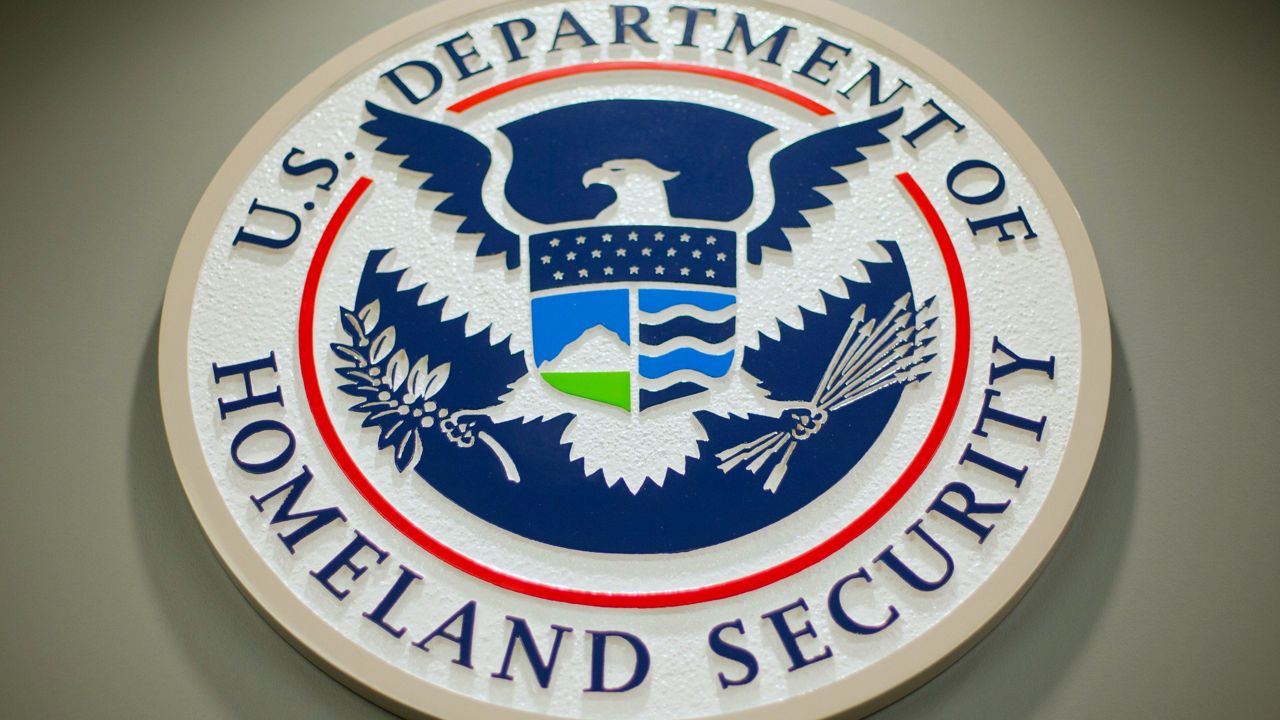The Department of Homeland Security announced Friday a first-of-its-kind cybersecurity grant program specifically for state, local and territorial governments across the country, which will include $1 billion in funding over four years, with $185 million available for fiscal year 2022.
The funding comes from the Biden administration's $1.2 trillion Bipartisan Infrastructure Law, also known as the Infrastructure Investment and Jobs Act. As the White House continues to roll out funding and public programs as part of the sweeping measure, the latest installment is aimed at building cyber resilience at the state and local level.
What You Need To Know
- The Department of Homeland Security announced Friday a first-of-its-kind cybersecurity grant program specifically for state, local and territorial governments across the country, which will include $1 billion in funding over four years
- Mitch Landrieu, a senior adviser to President Joe Biden and the White House infrastructure coordinator, told reporters during a call “every single state is eligible to receive a minimum of $2 million"
- A 60-day application period opened Friday and runs through Nov. 15; funds will be awarded by the end of the year
- DHS officials say the funding will help state and local governments protect against attacks on information and infrastructure systems, such as power grids and rail systems
Mitch Landrieu, a senior adviser to President Joe Biden and the White House infrastructure coordinator, told reporters during a call “every single state is eligible to receive a minimum of $2 million to develop a statewide cybersecurity plan, conduct evaluations and begin their projects to strengthen their cyber resilience.”
A 60-day application period opened Friday and runs through Nov. 15, a DHS official said. Funds will be awarded by the end of the year.
This new program will be administered by the Cybersecurity and Infrastructure Security Agency (CISA) and FEMA, and it will fund guidance on implementation to address weaknesses within the networks of grant winners.
“All of us who are involved in cybersecurity know that our nation's cybersecurity is only as strong as its weakest link,” DHS Secretary Alejandro Mayorkas told reporters. “The Biden-Harris administration and the Department of Homeland Security recognizes that state, local and territorial governments really face unique challenges and deserve support when defending against cyber threats, particularly against nation states and well-resourced cybercriminals.”
“The grants will significantly improve national resilience to cyber threats by giving state, local and territorial governments much-needed resources to address network security and take steps to protect against cybersecurity risks to help them strengthen their communities,” he added.
“The cybersecurity grant process we are starting today is a vital step forward in this critical effort,” Mayorkas continued. “Our approach is one of partnership, in the service of an all-of-society investment in the security of our homeland.”
The announcement comes less than two weeks after a cyberattack rocked the Los Angeles Unified School District as students were returning from summer break. District Superintendent Alberto Carvalho said the district was attacked with a ransomware tool but has not received a demand for payment. The attack led the district to order teachers, staff and students to change their district passwords.
The district said they contacted federal officials about the cyberattack, prompting the White House to mobilize a response from the U.S. Department of Education, the FBI and CISA.
DHS officials say the funding will help state and local governments protect against attacks on information and infrastructure systems, such as power grids and rail systems. Under the program, states will be required to allocate at least 80% of their grant funding to local and rural communities and at least 3% to tribal governments.



